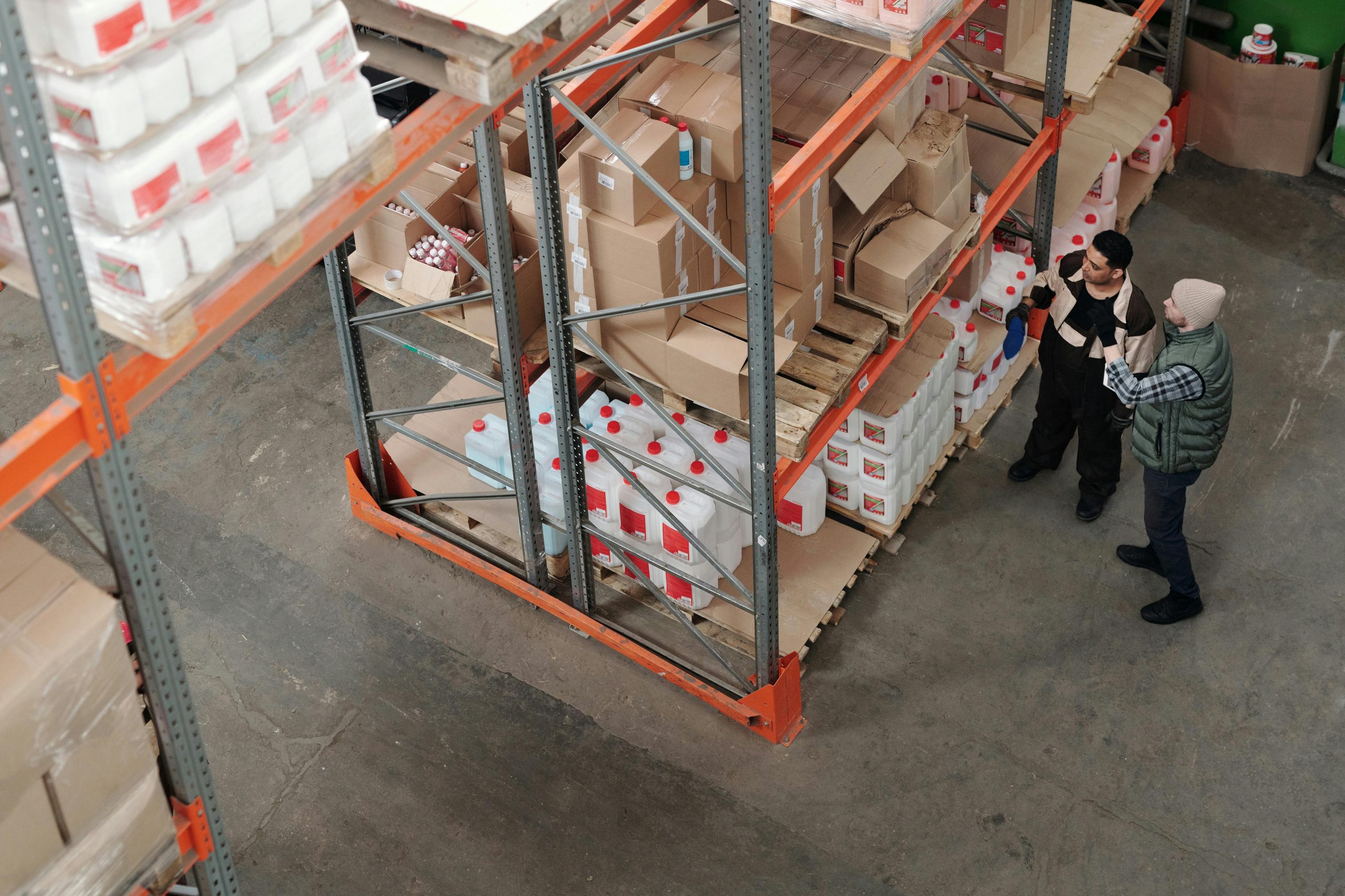Africa’s logistics sector is evolving rapidly. As economic development spreads across the continent, businesses in fast-moving consumer goods (FMCG), mining, chemicals, and packaging face new opportunities—and fresh challenges. At FMC Logistics, we specialize in delivering reliable logistics solutions tailored for Africa’s unique landscape. This article reveals six smart moves that can help companies thrive in african logistics, ensuring operational excellence and market growth.
Understanding the African Logistics Landscape
Before implementing strategic changes, it’s essential to understand the current state of African logistics. The continent spans 54 countries, each with diverse regulations, infrastructure conditions, and economic policies. Logistics operations here must overcome challenges such as underdeveloped road networks, limited rail systems, customs delays, and security concerns in some regions. Yet, Africa also offers tremendous growth potential. With rising intra-African trade (especially post-AfCFTA), urbanization, and growing consumer markets, logistics has become the backbone of development.
Companies that adapt to the specific dynamics of African logistics are better positioned to serve emerging markets and unlock efficiency across the supply chain.
1. Embrace Technology for Real-Time Visibility
Smart logistics operations in Africa are increasingly powered by technology. From GPS vehicle tracking to warehouse management systems (WMS) and automated inventory control, tech-driven logistics is transforming supply chains.
At FMC Logistics, we integrate advanced digital tools that enhance visibility, reduce delivery times, and minimize disruptions. Real-time tracking provides transparency, helping clients monitor shipments and reduce losses. Digital documentation also speeds up customs processes—a critical factor in many African countries.
Digital integration improves customer satisfaction and provides data analytics that supports better decision-making. Businesses looking to succeed in African logistics should prioritize scalable technology solutions from the start.
2. Build Strong Local Partnerships
Success in African logistics often depends on strong local partnerships. Every country has its own logistics challenges—from navigating remote terrains in East Africa to dealing with port congestion in West Africa. Local expertise is invaluable for navigating regulatory hurdles, avoiding bottlenecks, and managing last-mile delivery.
FMC Logistics has established trusted partnerships across the continent, enabling seamless coordination in cross-border transport and warehousing. These alliances improve delivery timelines and ensure consistent service across diverse markets.
Working with reliable in-country logistics providers can improve operational efficiency, reduce costs, and provide cultural insights crucial for long-term success.
3. Prioritize Multi-Modal Transport Solutions
Given the varying infrastructure quality across African countries, relying solely on one mode of transport is risky. Multi-modal logistics—integrating road, rail, sea, and air transport—ensures adaptability, especially when facing road closures, border delays, or seasonal disruptions.
FMC Logistics employs a multi-modal approach to ensure cargo moves efficiently regardless of environmental or infrastructural challenges. For example, when roads are impassable, we can switch to rail or air routes.
Flexibility in transport planning allows companies to meet tight deadlines and reduce risk, a key to succeeding in the African logistics environment.
4. Invest in Scalable Warehousing and Distribution
Warehousing plays a critical role in efficient logistics, especially when targeting high-demand urban centers and fast-growing regions. However, warehousing infrastructure in Africa can be inconsistent.
To address this, FMC Logistics offers scalable warehousing and distribution solutions tailored to regional demand. Our facilities are strategically located near major transport routes and ports, reducing lead times and optimizing last-mile delivery.
Companies operating in African logistics should focus on building or partnering with scalable warehousing providers. The right storage infrastructure minimizes stockouts, improves fulfillment rates, and enables quick response to market shifts.
5. Navigate Customs and Regulatory Frameworks Proactively
One of the major hurdles in African logistics is customs clearance. Complex documentation requirements, varied tax policies, and inconsistent enforcement can cause frustrating delays.
At FMC Logistics, our customs brokerage services streamline import and export operations. We maintain up-to-date knowledge of trade regulations and compliance requirements in all operating countries.
Proactive engagement with customs authorities and use of digitized clearance systems can save days in transit time. Businesses that plan ahead for compliance will reduce costs and avoid penalties or shipment confiscations.
6. Focus on Sustainability and Community Engagement
Sustainability is becoming a global logistics priority—and Africa is no exception. Companies that prioritize green logistics not only reduce their environmental impact but also build stronger reputations and community trust.
FMC Logistics is committed to reducing emissions through fuel-efficient fleet management, optimized delivery routes, and sustainable packaging solutions. Additionally, we engage with local communities through employment and training programs.
A logistics strategy that incorporates sustainability fosters long-term operational health and aligns with global standards and investor expectations.
Why Choose FMC Logistics for African Logistics Success
As a leading name in African logistics, FMC Logistics combines industry expertise with tailored, scalable solutions. Our services span warehousing, multi-modal transport, supply chain consulting, and customs brokerage. We specialize in supporting fast-moving consumer goods, mining equipment, chemical products, and more.
Our success is built on:
- Deep local market knowledge
- Reliable infrastructure and fleet
- Advanced logistics technologies
- Transparent, real-time communication
- Compliance and customs expertise
Partnering with FMC Logistics means securing a competitive advantage in Africa’s dynamic supply chain environment.
FAQs about African Logistics
1. What are the main challenges in African logistics?
Challenges include poor road infrastructure, regulatory inconsistencies, customs delays, and lack of skilled labor in some regions. However, these are being addressed through growing investments and trade agreements.
2. How can technology improve African logistics?
Technology enhances shipment tracking, route optimization, inventory control, and customs documentation. These tools increase visibility and reduce inefficiencies across the supply chain.
3. Why is multi-modal transport important in African logistics?
Because infrastructure varies greatly, using road, rail, sea, and air transport ensures flexibility, faster delivery, and reduced risk of delays due to single-mode reliance.
Conclusion
The logistics industry in Africa presents both complexity and opportunity. Businesses that want to thrive must adopt innovative, regionally appropriate strategies. From embracing technology to building local partnerships and ensuring compliance, there are clear steps to success.
FMC Logistics is at the forefront of delivering customized solutions that solve the unique challenges of African logistics. Our deep-rooted local knowledge, advanced infrastructure, and unwavering commitment to excellence make us a trusted partner for businesses across the continent.
Explore our homepage now to stay ahead in the digital world.











Leave a Reply